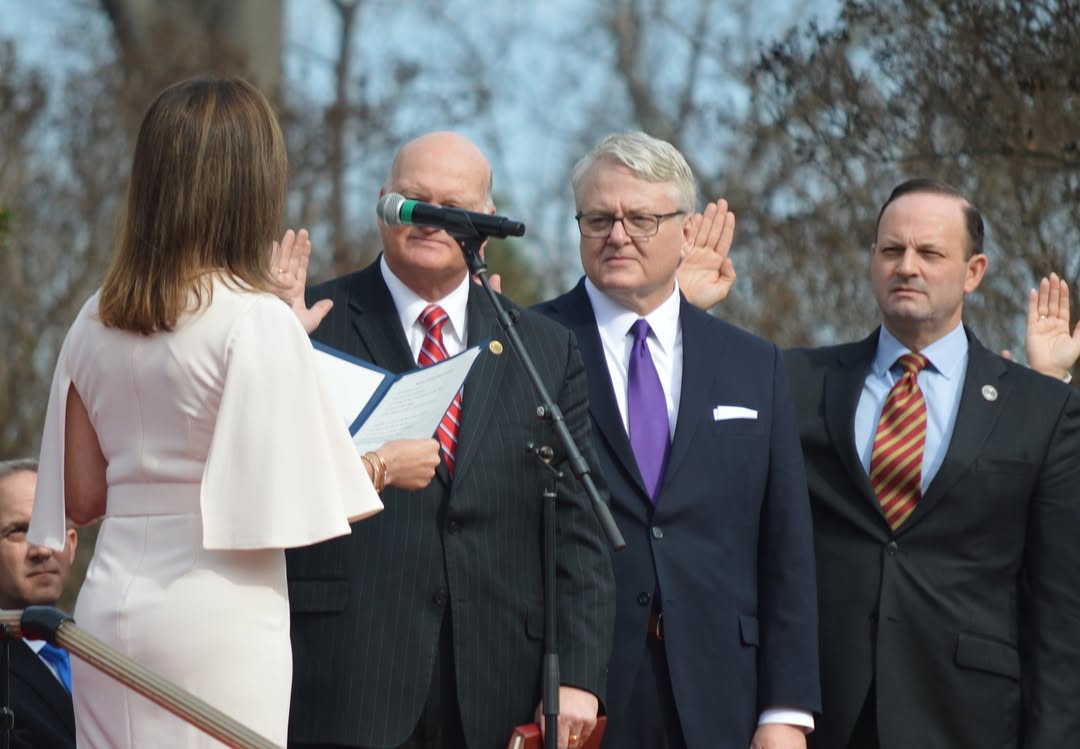South Carolina Treasurer Retains Position Amid $1.8 Billion Accounting Error
In a startling revelation, South Carolina's financial oversight has come under scrutiny following a $1.8 billion accounting error. State Treasurer Curtis Loftis, a Republican, remains in office despite the magnitude of the discrepancy, prompting questions about accountability and potential favoritism in state governance according to Fortune.
The Error Uncovered
The financial anomaly traces back to the 2010s during a transition to a new accounting system. Unbalanced entries accumulated in a special account, creating a fictitious fund used to balance the state's books. This discrepancy went unnoticed for years until a forensic audit brought it to light. While no actual funds were missing, the error required millions to resolve and impacted the state's credit rating.
Calls for Accountability
The South Carolina Senate voted 33-8 to remove Loftis from office, citing incompetence and neglect of duties. Senators criticized his refusal to take responsibility and his failure to report the error promptly. Despite this, the House did not act on the resolution before the legislative session ended, allowing Loftis to remain in his position.

Loftis's Defense
Loftis has dismissed the investigation as a "political witch hunt," attributing the errors to retired staff and other financial offices. He maintains that his office was not at fault and that the mistakes did not originate there.
Related: 7 CEOs Fired for Misconduct and Mismanagement
Related: Booted from His Own Empire: Travis Kalanick and the Fall of Uber’s Toxic Titan
Implications for Governance
The decision not to remove Loftis raises concerns about the standards of accountability for public officials. Allowing a state treasurer to remain in office after such a significant oversight suggests a troubling precedent. It also highlights potential issues of favoritism and a lack of transparency in handling governmental errors.

Conclusion
The $1.8 billion accounting error in South Carolina underscores the critical need for stringent oversight and accountability in public office. The reluctance to hold Treasurer Curtis Loftis accountable for this significant lapse raises questions about the integrity of the state's governance and the mechanisms in place to prevent such errors. As taxpayers bear the consequences of these mistakes, it is imperative to reevaluate the standards to which public officials are held.













